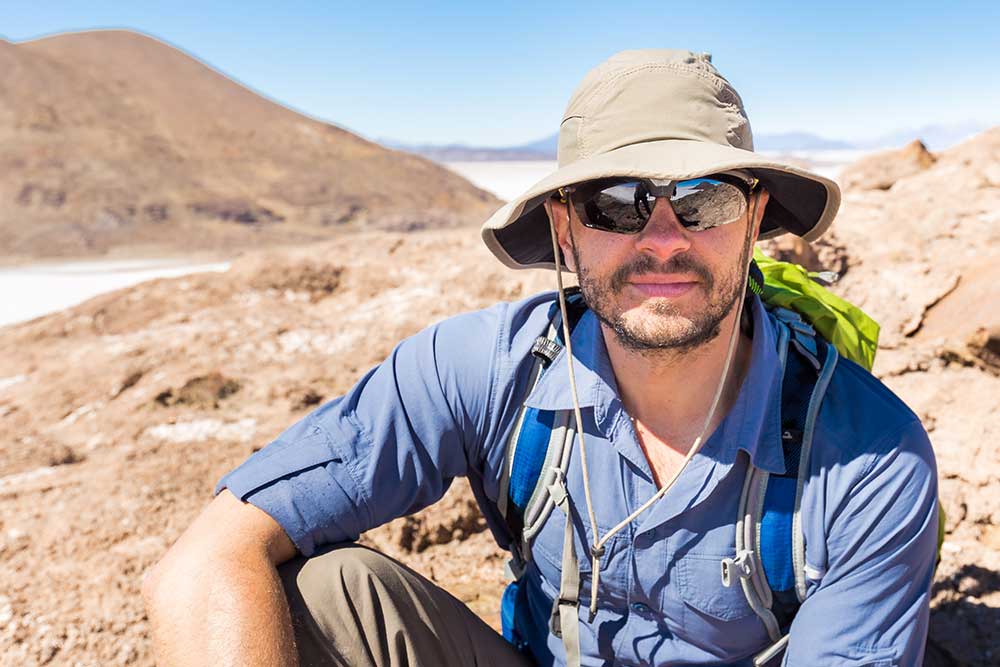All Categories
Featured
Table of Contents
Geophysicist - Job Role - Job Information in Perth Western Australia 2022
This work is increasingly contracted out, so consultancies supply another source of employment. Consultancy companies vary in size, from really little business to big multinationals. Some consultancies are rather specialised in utilizing specific geophysical techniques or working in particular places, while others use a more diverse range of services to their clients.
The extraction of gas from landfill websites is another area of work and this may grow in the future. Expedition business might carry out work for building and construction companies, public utility, mining business and ecological firms, so geophysicists might be used in any of these settings. Other employers consist of: geological surveysgovernment bodies and agenciesuniversities and research study institutes.


Jobs may be listed in the oil and gas sector press. Recruitment is affected by oil cost variations and the level of competition for positions differs depending upon this. Professions Days, which cover the complete variety of geoscience professions and are generally participated in by a variety of essential market companies, are run by The Geological Society.
Geophysical Survey Permit Program in Medina Western Australia 2022
Some of the big oil and gas companies provide a full two-year structured training programme throughout the breadth of geophysics, consisting of the chance to experience operate in different teams before specialising in one area. Your training may include deal with: existing wellsmagnetic and gravitational possible field data analysisresearchrock analysis. However, it's more typical for your preliminary training to be provided on the task.

There might be a probationary duration throughout which you work alongside a knowledgeable colleague. Competency-based appraisals happen routinely in a lot of companies. In smaller sized firms, and for scholastic posts, there is unlikely to be any official training - you'll be expected to start work straightaway and pick up abilities as you go along.
If you work for a smaller sized business, you may find that you need to take obligation for organizing and moneying your own advancement and training. If you have a geology degree, membership of The Geological Society can be useful for networking and for maintaining to date with the industry.
Geophysical Methods in Westminster Western Australia 2021
You may also discover it helpful to sign up with the PESGB (The Petroleum Exploration Society of Great Britain, which has a geophysics special interest group. After a probationary duration, and as soon as you've gotten some experience, you might progress to senior geophysicist, then group leader and after that into a senior role in management.
The ease of movement between roles depends on the business structure. Study at Masters or Ph, D level in a subject associated to geophysics or geosciences might aid with your career development and development. The employment market within the oil and gas industry is really depending on cost and this may impact your chances for career development.
For experienced geophysicists, freelance consultancy offers an excellent route for profession development. As a geophysicist, you're most likely to have numerous jobs throughout your working life.
Geophysical Survey - Mining Fundamentals in North Perth Australia 2020
From geophysics, it's possible to focus on seismology (finishing further training to become a seismic interpreter) or to move into related locations such as engineering geology or threat forecast.
Deciding what to study in college is a tough option. Even if you know that your field of interest lies in science, what program of research study is ideal for you?
The very first action to achieving your goal of ending up being a geophysicist is earning a degree. Even for entry-level positions in the field of geoscience, you'll require a bachelor's degree (a geophysicist college degree) from an accredited college or university. Geophysicists should be able to: examine rocks, photographs, and other pieces of information carry out research both in the field and in labs produce maps and charts of their findings compose reports To achieve all this, trainees require a specialized education for geophysicist professions.
As specified above, you'll need a bachelor's degree in geoscience or a related discipline, such as a physical science or a life sciences, to land an entry-level job. But students can also prepare by majoring in topics like: Biology Chemistry Computer science Engineering Mathematics Physics The above geophysicist majors provide a more generalized method to a single clinical discipline, however a lot of programs need students to take one or more geology course.
Latest Posts
Geophysical Surveys - U.s. Geological Survey in Wandi Western Australia 2023
Geophysics in Mount Claremont Aus 2020
Geophysical Survey in Casaurina Aus 2020